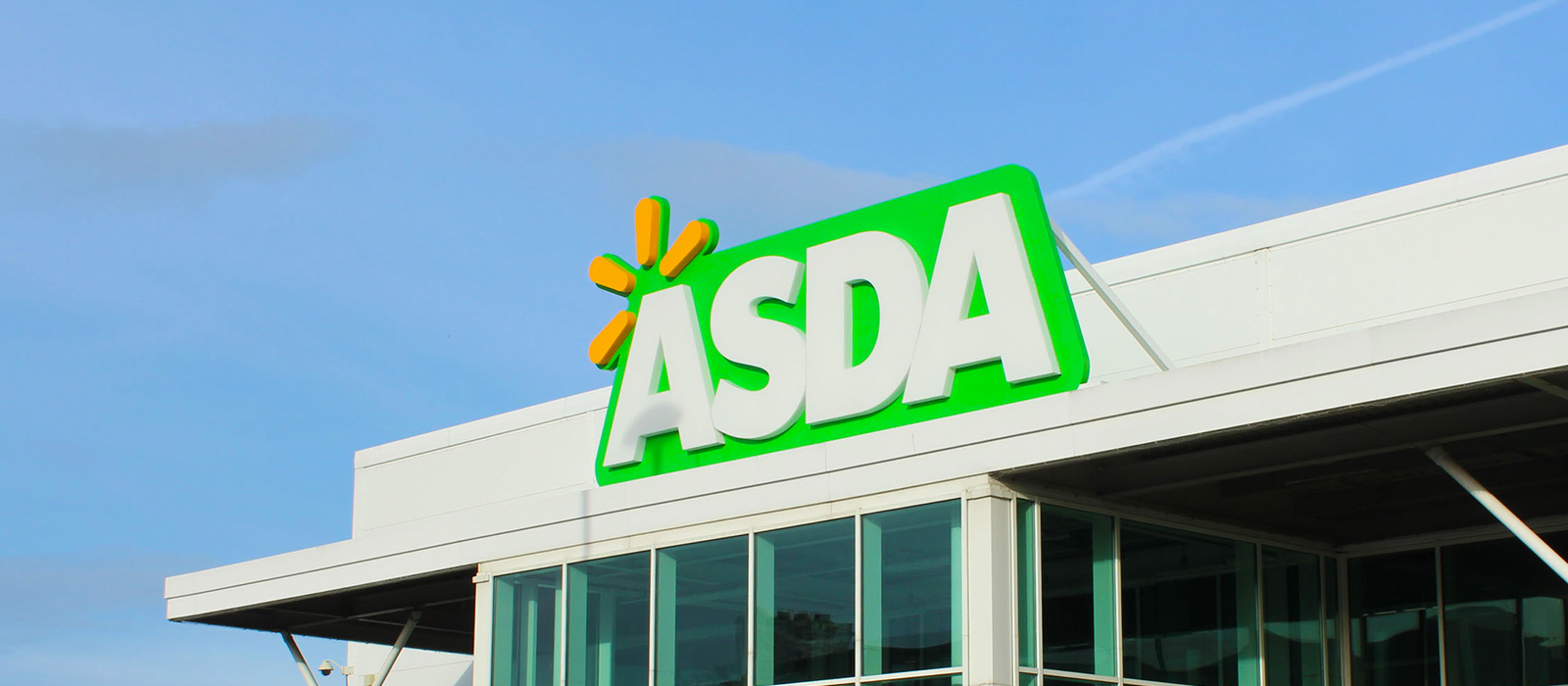The global green consumer trend is a rapidly growing area of focus for businesses, and governments are doing/must do everything they can in order to encourage consumers to adopt green lifestyles.
In an article published by global law firm Taylor Wessing Timothy Pinto has highlighted the fact that while many companies are keen to jump on the green bandwagon, they need to be mindful of the strict rules set by industry regulators.
Timothy Pinto explains that accusations of ‘greenwashing’ by marketers are sometimes backed up by those who ignore the clear guidelines put in place by the Advertising Standards Authority (ASA). The rules set out in CAP and BCAP codes clearly state that claims to be ‘greener’ must be supported by significant substantive evidence.
The BCAP rules also state that environmental claims must take into account the full life cycle of the product or service being claimed to be environmentally friendly. Consumers must not be misled into thinking that a small aspect of a ‘green’ product represents an overall benefit to the environment.
In the article, Pinto reveals that the ASA is taking a proactive stance on enforcing the rules surrounding environmental claims in advertising:
‘The ASA is also conducting specific enquiries on environmental claims in relation to aviation, cars, waste, animal-based foods and heating. In addition, it is undertaking research into consumer understanding of Carbon Neutral, Net Zero and Hybrid claims in the electric vehicle market.’
The ASA enquiries are looking at how well consumers understand claims. Timothy Pinto gives several examples of recent rulings where high-profile advertisers may not have deliberately misled consumers, but where claims made may be open to misinterpretation by consumers. It would appear that consumers are increasingly seeking the facts behind bold claims made by advertisers; the ASA received over 100 complaints from consumers in reaction to an advertising campaign by the manufacturer of an alternative to cows’ milk. The ASA found that although claims were objective, the language used to present the ‘facts’ may have been open to interpretation.
The CMA, DEFRA and BEIS have published guidance for advertisers, promoting clarity in green claims. The ASA published new guidance on the 9th December 2021.
Sustainability continues to increase in importance for all organisations, and we need to be mindful of claims made, and the language used. Here at BDS, we align our processes with the 17 Sustainable Development Goals (SDG17) set out by the United Nations.
Last Updated on June 21, 2024





